Do you get lethargic after lunch? Or get restless at night when you’re trying to gt to sleep? Sometimes we search out complex answers to problems like these, but the solution might be as simple as figuring out what foods do to your body. It’s not just a matter of watching your waistline; the foods you eat impact so many areas of your life!
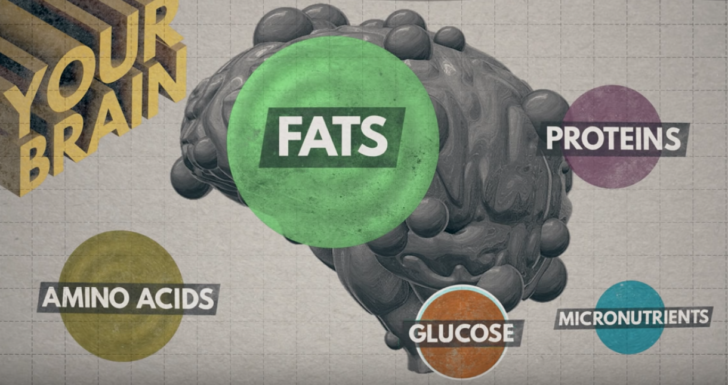
First things first. Your brain is made up of fats, proteins, amino acids, glucose, and micronutrients. And, of course, lots of water. But what do each of these components actually do for your body? Keep reading to find out!
Fats
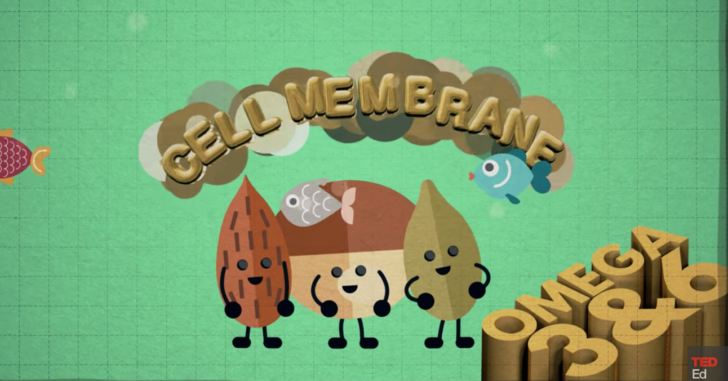
By now, most of us know there are good and bad fats. The good fats – fatty acids – are omega 3 & 6. Consuming foods that are high in these fatty acids, like nuts, seeds, and fatty fish, has been proved to prevent degenerative diseases. However, long-term consumption of bad fats, like trans and saturated, can actually cause brain damage.
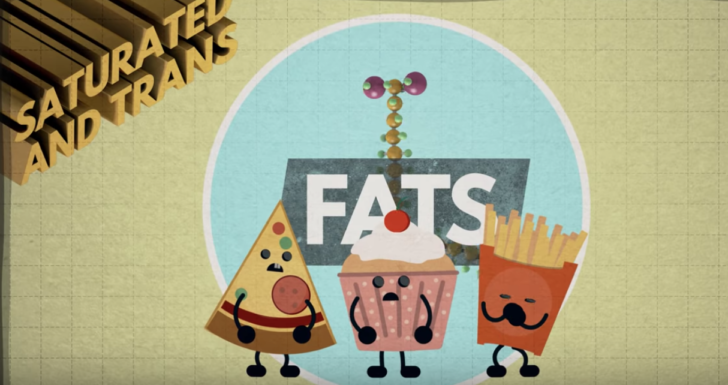
Proteins & Amino Acids
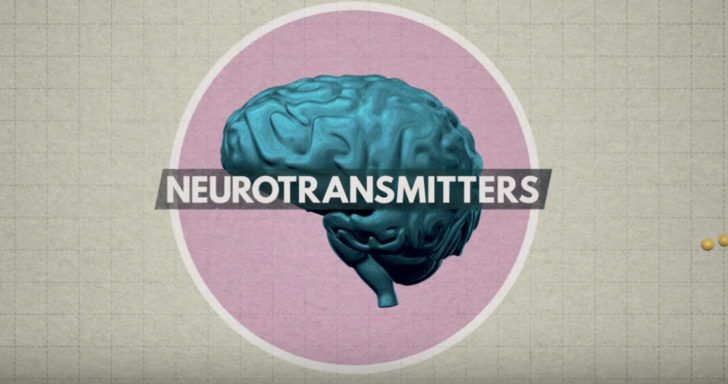
Proteins and amino acids are the building blocks of growth and development in your brain and body. They are an important part of the development of neurotransmitters, which affects things like mood, sleep, attentiveness, and weight. The complex way these two interract within the food you eat and the way your body processes all of it, helps to release mood-altering chemicals like dopamine, norepinephrine, and serotonin. A balanced diet helps those mood-altering chemicals to get into the neurotransmitters, so your mood doesn’t swing one way or another.
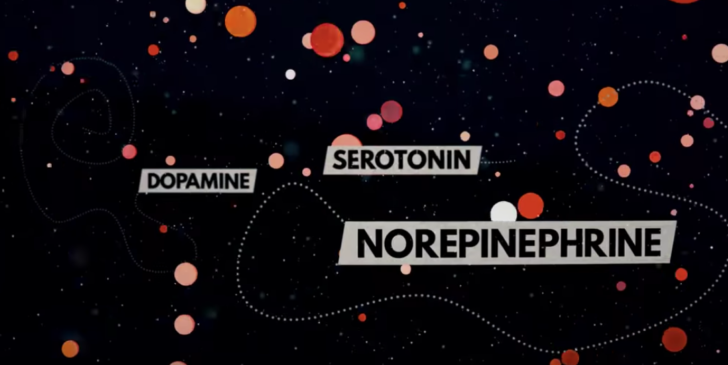
Micronutrients
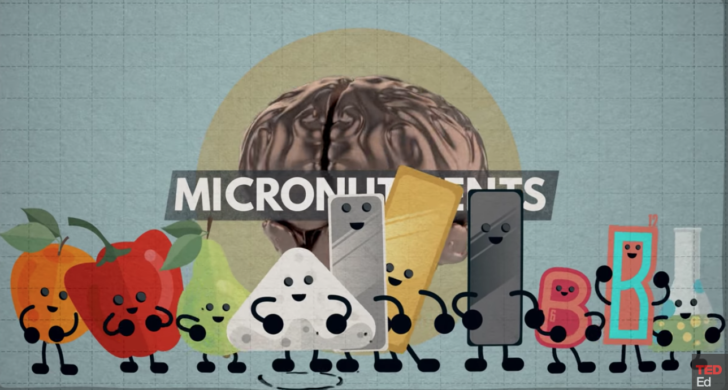
Perhaps the most important part of our diet is getting the proper micronutrients. Your consumption of these can make or break your mental health as well as your physical health. The majority of the energy our bodies use as fuel comes from carbs. There are three types of carbs – sugar, starch, and fibre. Eating something like white bread will have a spike in glucose, which may make us feel active and energetic. However, the drop off for these kinds of foods is severe since they release glucose rapidly. By consuming things like oats, grains, and legumes release glucose slowly, which makes the drop off less severe.
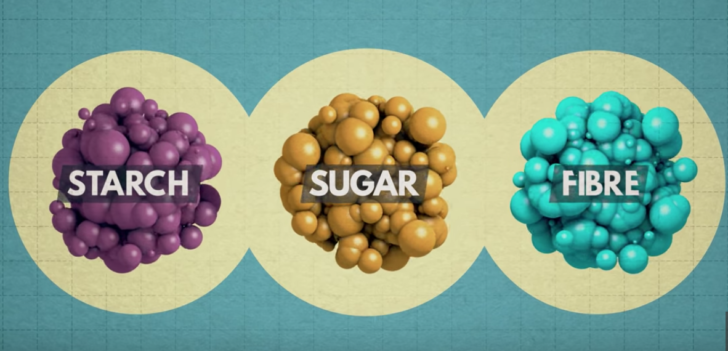
Find out more about the way food impacts our health in the video below!













